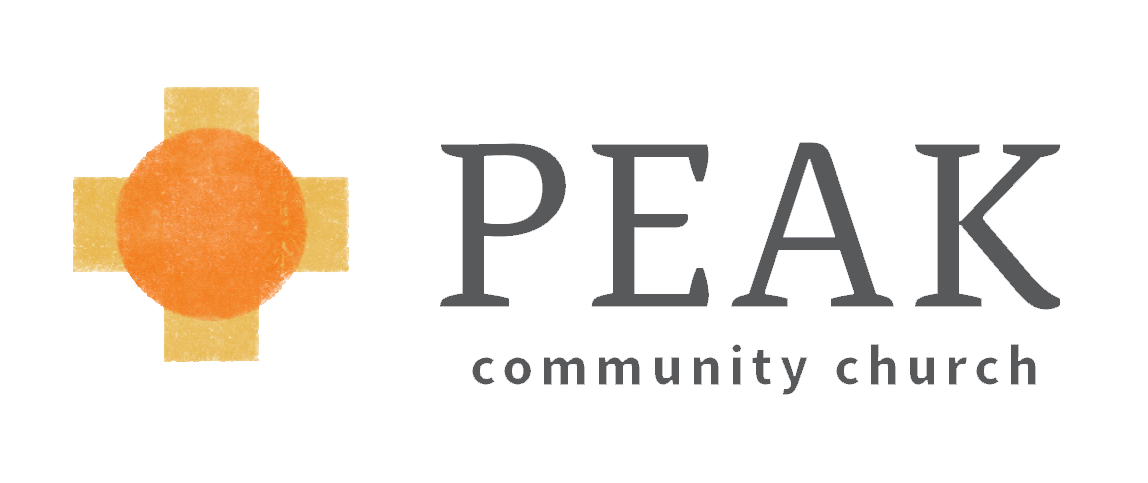This morning I sat down to talk with a friend who spent the night under the eave in front of our building. Most of you know him; he comes to the service maybe once a month. (I won’t use his name.)
We talked about the advantages of using a stroller to haul your stuff around over a “wagon” (shopping cart) or suitcase with wheels. The wagon is too big for the bus and the suitcase wheels break every month or month-and-a-half.
We talked about getting connected to homeless service providers. He was told his only option is to apply for disability, but he doesn’t want to because he can work—it feels dishonest. On the other hand, he was reluctant to talk about work except to say that he’d rather live homeless than have some guy barking at him all day.
In my experience, this is always more complex than anyone lets on.
I asked him what he would do today. He planned to go to Salvation Army for breakfast, but then discovered a breakfast sandwich in his belongings and said, “I guess I don’t have to.”
I told him we are his friends, and would help him navigate the system, find work, housing, etc. He knows, and he was thankful. And then he left.
Sometimes folks like our friend are described as “service resistant.” He didn’t seem that way to me, or there is something not right about the term. Living on the street is a bad deal, a really bad deal. Sometimes people choose it because something else seems worse. I don’t know any other way to get to the bottom of that (if there is a bottom) than trust, time, and care. In other words, friendship.
We are not a homeless service provider—not a significant one (we “provide” a limited number of gift cards, and a warming center once a week). The people I know who are service providers are wise, resourceful, and dedicated. But we are a community of friends. Let us take seriously how important that is.
